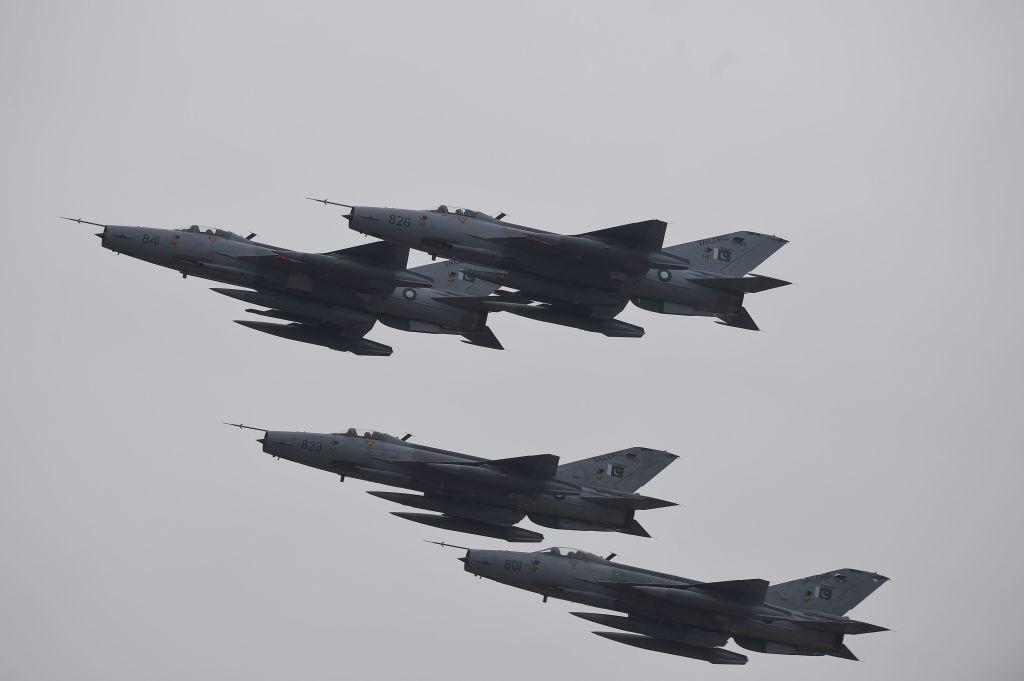For years, Beijing has been the biggest arms supplier to Islamabad, with defense purchases as a key element of their close ties. Now, Russia is looking to make inroads into the Pakistani weapons market.
Russian news agency RIA Novosti reported on April 15 that Pakistan has expressed interest in making a huge purchase of Russian military hardware, citing comments from Konstantin Makienko, deputy director of the Moscow-based defense think tank Center for Analysis of Strategies and Technologies.





